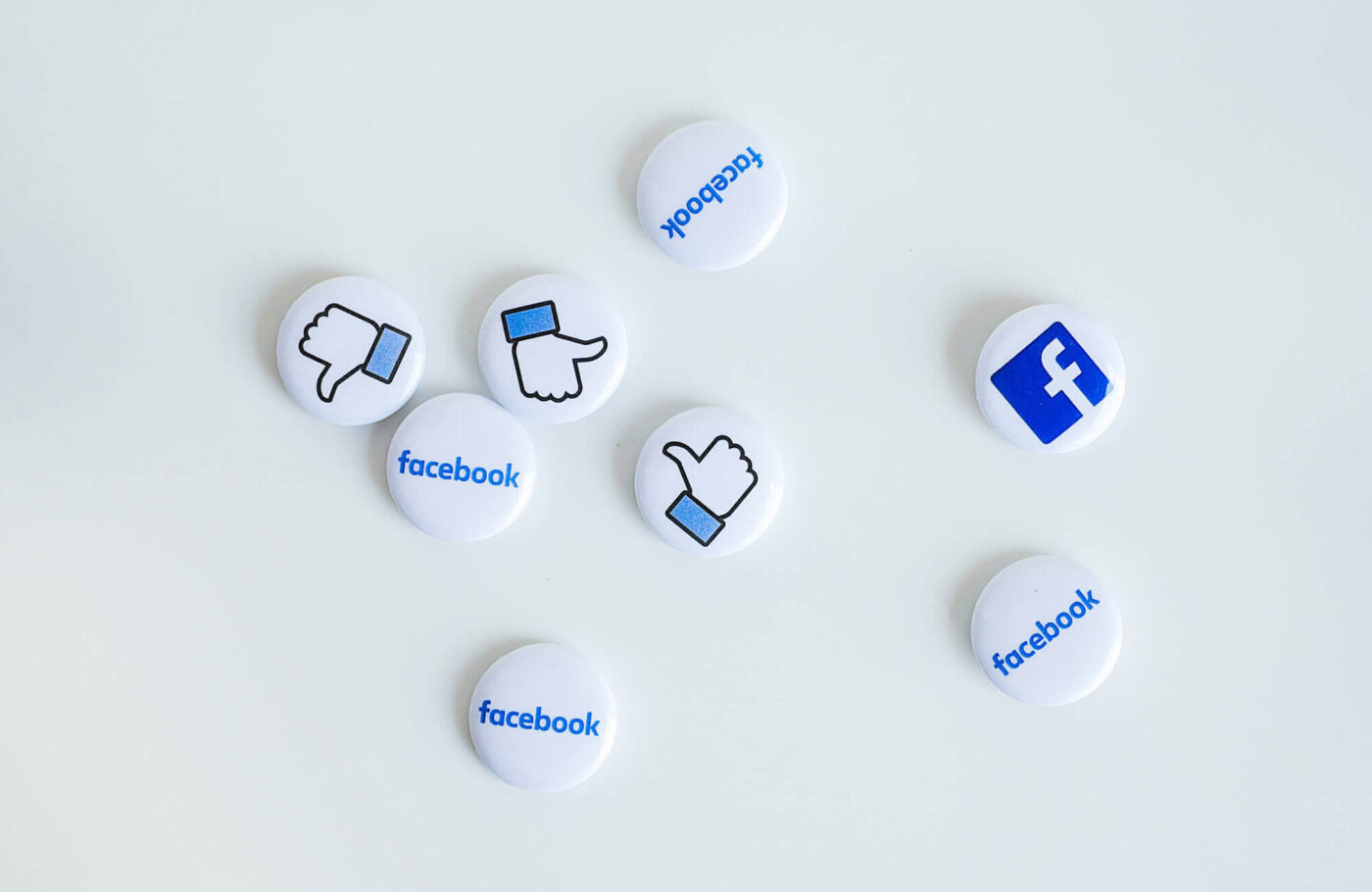«Likes» – a direct punch in the human psyche

Back in primary school, a note landed on my desk. Nervous glances in my direction as I opened it.
The sender did not deliver the piece of paper directly or discreetly. No, it was transferred to me by classmates. Row after row, desk after desk, it passed through the whole class. “Do you want to go with me?” I could check either “Yes” or “No” next to one of the boxes below. I gave my answer, and the note took its course back to the sender. The whole “community” was following the response of the recipient — the reaction to a possible “like.”
Today we laugh about it, call it childish. But actually, we are no further decades later. Not one bit better. In the digital world, on social media, we experience the same situation as when a first love started. The need for a “like,” a public “yes,” often erases the humiliation, not to mention the time invested in taking the perfect picture. We still think such public confirmation is worthwhile. The magic of privacy has been lost.
For babies, the insatiable desire for affection and love is essential for survival. Safety and security allow us to grow up healthy. They are the foundation of our self-esteem. Psychologists say that babies are smiled at 30,000 times in the first half year of their lives; they learn: “You are beautiful, you are important.” This eye contact, this perception is something fundamentally human. There is nothing more natural than that: that we keep looking for confirmation that we are doing things right — even as adults.
People with high self-esteem, with authentic personalities, who are also aware of their limits, are seen as confident. It is therefore interesting to note the scientific knowledge that confident people allow their friends and the people around them to see their weaknesses and to be critical. This is in contrast to people with low self-esteem.
Seeking external recognition gives others great power over us, our self-esteem. Demanding that others love us only leads to misery because the desired response is not always given or we are disappointed when we don’t get the reaction we want. Our own desires are suppressed, and we lose ourselves. We lose authenticity, which is actually our biggest asset.
Self-confident people do not keep their strength under wraps, but radiate joy in what they do. They focus on themselves instead of on being liked by everyone else. Doing things that are meaningful to you significantly increases satisfaction.
Social media is a communication tool that enjoys enormous advantages. It conveys emotions. Tells stories. Lets us participate and dive into other worlds. But we are once again aware of the simple psychological mechanism that it triggers.
A quiet appeal to the precious, the rare. That will probably be more effective in times of “constantly available” and never-ending communication. Food for thought: Be strong; don’t follow the mainstream. Endure the dissonance. Because this happiness, this satisfaction, lasts longer — not only as long as a post. And our stress will be reduced considerably.